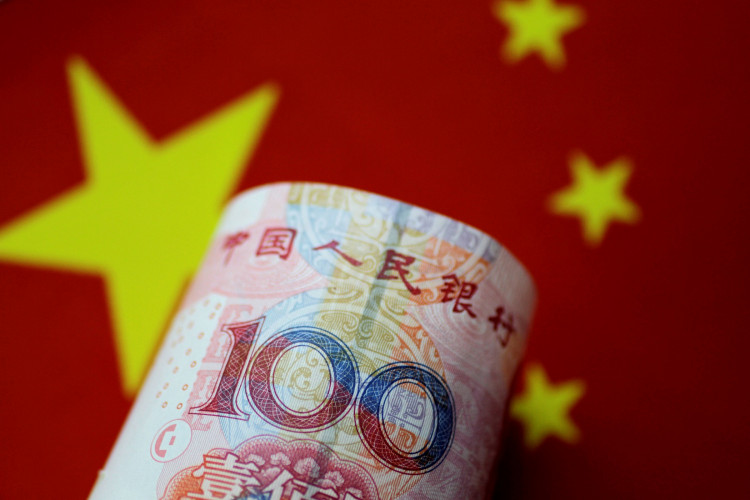Moody's Investors Service has adjusted its outlook on China's government credit ratings to negative from stable, highlighting the rising concerns over the Asian giant's fiscal health and property sector crisis. This move, a reflection of the global unease about China's swelling local government debt and cooling property market, maintains China's A1 long-term rating but casts a shadow over its economic trajectory.
The decision by Moody's is based on the anticipation that Chinese authorities will increasingly need to support debt-burdened local governments and state enterprises. These efforts, Moody's argues, pose broad risks to China's fiscal strength and overall economic stability. "The outlook change also reflects the increased risks related to structurally and persistently lower medium-term economic growth and the ongoing downsizing of the property sector," the agency stated.
This downgrade has sent ripples through financial markets, with Chinese blue-chip stocks plunging to near five-year lows and Hong Kong stocks extending their losses. The announcement also led to a spike in the cost of insuring China's sovereign debt against default, reaching levels not seen since mid-November.
The negative outlook reflects Moody's expectations of a slowdown in China's annual GDP growth, predicting a fall to 4.0% in 2024 and 2025, and an average of 3.8% from 2026 to 2030. This marks a significant shift from the rapid expansion China has experienced over the past few decades, suggesting that the country's growth model may need to transform from being investment-driven to more consumer-oriented.
The ratings agency also pointed to structural factors, such as weak demographics, that are likely to further decelerate economic growth to around 3.5% by 2030. This bleak projection comes as China grapples with challenges like the deepening housing market crisis, local government debt issues, slowing global growth, and geopolitical tensions.
In response to these economic headwinds, the Chinese government has rolled out a series of policy support measures. However, these initiatives have only yielded modest benefits, increasing the pressure on authorities to introduce more stimulus. The central bank has already implemented minor interest rate cuts and injected additional cash into the economy, but these actions have been met with skepticism by foreign investors.
China's Ministry of Finance expressed disappointment with Moody's decision, asserting that the country's economy continues to recover and that risks related to property and local government debts are controllable. The ministry criticized the agency's concerns as "unnecessary," maintaining a positive outlook on the economy's rebound and trend.
As China heads towards its annual Central Economic Work Conference in mid-December, government advisers are calling for a steady growth target for 2024 and additional stimulus measures. The rating by Moody's, though still high enough in investment-grade territory, underscores the urgency for Beijing to address these economic challenges and balance policy effectiveness with fiscal sustainability.
The market reaction to Moody's outlook change serves as a stark reminder of the global implications of China's economic health. As one of the world's largest economies, any shift in China's fiscal and economic policies or growth prospects can have far-reaching effects, influencing everything from global trade dynamics to investment strategies.





